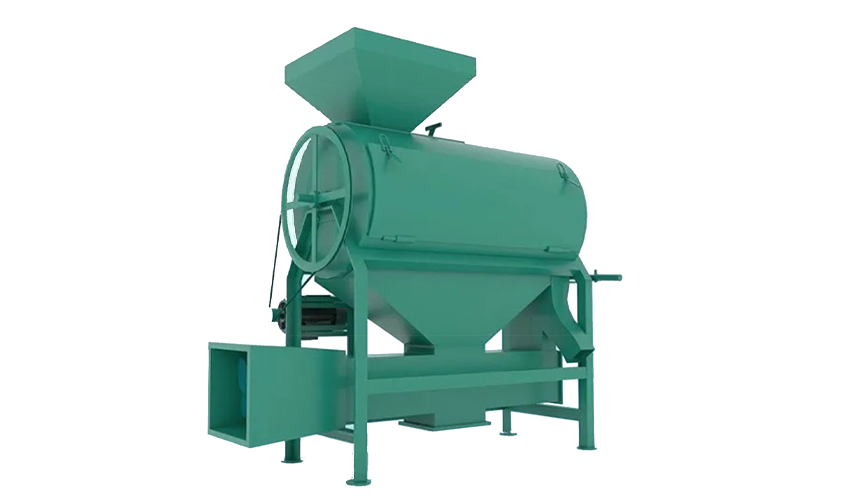The Impact of Technology on Modern Farming
In today's rapidly changing world, technology is playing an increasingly vital role in every sector, including agriculture. Modern farming is undergoing a profound transformation, with technology driving innovation, efficiency, and sustainability. In this blog post, we'll delve into the significant impact of technology on farming and explore the ways it's reshaping the industry.
Precision Agriculture: One of the most significant technological advancements in farming is the adoption of precision agriculture. This approach uses a range of technologies, including GPS, sensors, drones, and data analytics, to precisely monitor and manage every aspect of farming. From optimizing planting and harvesting to managing resources like water and fertilizers, precision agriculture has significantly improved efficiency, reduced waste, and increased yields. Farmers can now make data-driven decisions to ensure every square meter of their fields is used effectively.
Smart Farm Equipment: The days of traditional plows and tractors are giving way to smart farm equipment. These machines are equipped with GPS and sensors to autonomously plant, monitor, and harvest crops. For instance, self-driving tractors can follow pre-determined paths, ensuring straight and evenly spaced rows. They can also make real-time adjustments to planting depth, seed spacing, and more, leading to higher yields and resource savings.
IoT and Data Analytics: The Internet of Things (IoT) is connecting farm equipment and infrastructure to the internet, creating a vast network of interconnected devices. Farmers can monitor and control irrigation systems, check soil conditions, and even receive weather forecasts from their smartphones. Data analytics further enhances decision-making by providing insights into crop health, pest and disease management, and optimal harvest times.
Biotechnology and Genetic Engineering: Biotechnology is playing a vital role in crop improvement and resistance to pests and diseases. Techniques like CRISPR-Cas9 enable genetic modification to create crops with enhanced traits. For example, crops can be engineered to withstand harsh environmental conditions or to have increased nutritional value. These advancements help farmers grow healthier crops with less reliance on chemical inputs.
Sustainable Practices: Technology is also driving the adoption of sustainable farming practices. With real-time data and monitoring, farmers can reduce water usage, minimize chemical inputs, and minimize soil erosion. By optimizing resource management, modern farming is not only becoming more profitable but also environmentally friendly.
Conclusion: Technology is revolutionizing modern farming, making it more efficient, productive, and sustainable. The adoption of precision agriculture, smart equipment, IoT, data analytics, and biotechnology is changing the way we grow our food. With these advancements, farmers are better equipped to meet the growing demand for food in a world facing climate change and population growth. The impact of technology on farming is not only improving the livelihood of farmers but also contributing to a more sustainable and resilient agricultural future.

